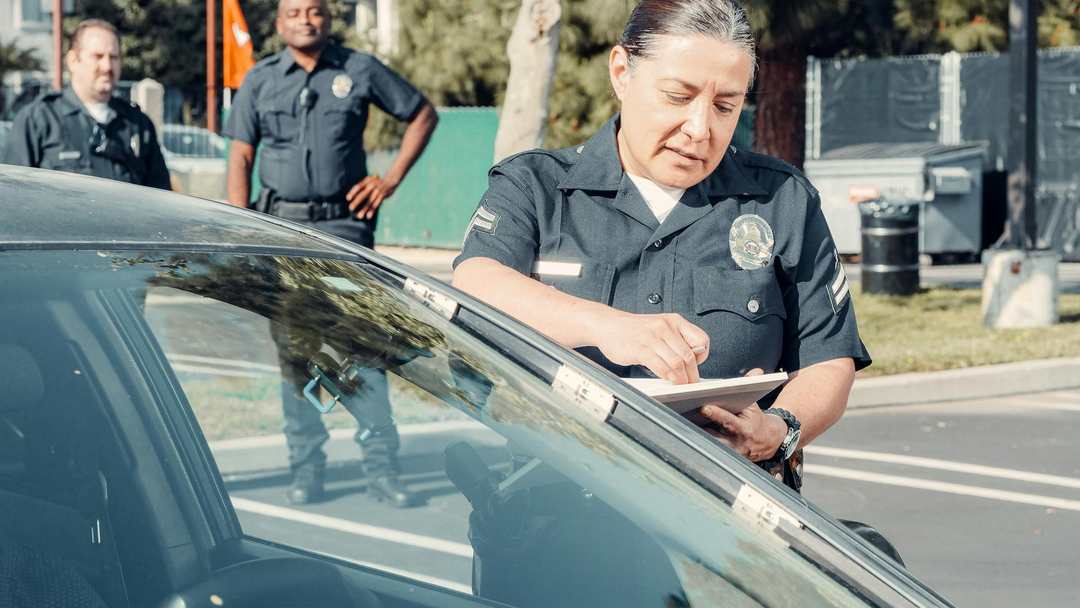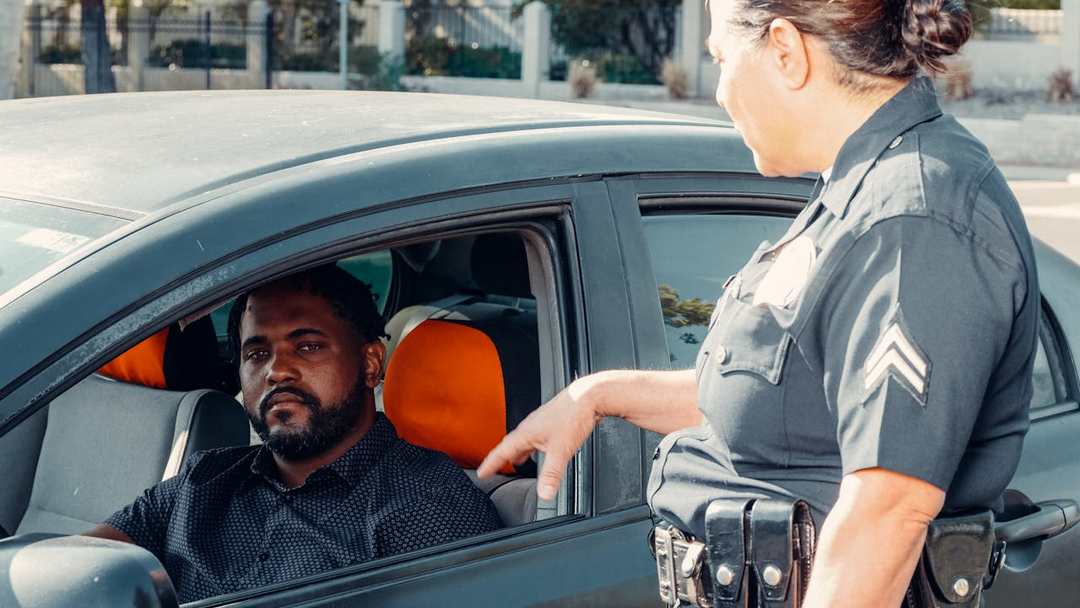Michigan Rules of Evidence: A Guide to Rules 301-302
Presumptions, those inferences drawn from established facts, play a crucial role in both civil and criminal cases in Michigan.
However, their application is carefully regulated by the Michigan Rules of Evidence, specifically Rules 301 and 302.
This article delves into these rules, providing a clear understanding of their purpose, scope, and practical implications for legal professionals and anyone interested in the intricacies of Michigan’s evidentiary landscape.
Rule 301: Presumptions in Civil Cases
This rule governs the burden of proof related to presumptions in civil proceedings.
It states that unless a statute or other rule dictates otherwise, the party against whom a presumption is directed has the burden of producing evidence to rebut it.
This burden of production, however, is distinct from the burden of persuasion, which remains on the party who originally had it.
In essence, a presumption shifts the responsibility to present evidence to the opposing party, but the ultimate responsibility to convince the court of their claim rests with the party bearing the initial burden.
The Michigan Rules of Evidence Handbook further clarifies the application of Rule 301.
It emphasizes the importance of distinguishing between rebuttable and conclusive presumptions.
Rebuttable presumptions, as described above, can be overcome by evidence, while conclusive presumptions are mandatory inferences that must be accepted by the jury.
The handbook also provides examples of common presumptions, such as the presumption of sanity, the presumption of legitimacy of a child born in wedlock, and the presumption of ownership arising from possession of property.
Have your rights been violated?
Have your driving priviledges been revoked?
Has your professional license been suspended?
Have you been charged with a crime?
Call our office to see if we can help
Komorn Law 248-357-2550
Rule 302: Presumptions in Criminal Cases
For criminal proceedings, Rule 302 takes a different approach. It governs presumptions against a defendant, whether recognized at common law or created by statute.
Unlike Rule 301, Rule 302 doesn’t impose a burden of production on the defendant to rebut a presumption.
Instead, it emphasizes that the prosecution retains the ultimate burden of proving all elements of the offense beyond a reasonable doubt. Unless it’s political of course.
The handbook elaborates on this key distinction.
It explains that the jury must be instructed that they may, but are not required to, infer the existence of the presumed fact from the basic facts presented.
This ensures that the jury retains its ultimate power to decide guilt or innocence based on the totality of the evidence, without being coerced by a presumption (in a perfect world).
Key Takeaways:
Civil cases: Presumptions in civil cases shift the burden of production, not the burden of persuasion, to the party against whom the presumption is directed.
Criminal cases: Presumptions against defendants in criminal cases do not shift the burden of proof. The jury must be instructed that they may infer the presumed fact, but are not obligated to do so.
Further Considerations:
The Michigan Rules of Evidence Handbook offers valuable insights into the nuances of these rules, including the specific wording of jury instructions, the interplay of presumptions with other evidentiary rules, and the potential limitations of certain presumptions.
For legal professionals navigating complex cases involving presumptions, studying the handbook and consulting relevant case law is crucial for ensuring a comprehensive understanding and effective application of these rules.
By understanding the intricacies of Rules 301 and 302, legal professionals and anyone interested in Michigan’s evidentiary rules can navigate presumptions with confidence, ensuring fair and just outcomes in both civil and criminal proceedings.
Important:
This article provides a simplified overview of the Michigan Rules of Evidence for informational purposes only. It should not be interpreted as legal advice. When facing legal matters, always consult with a qualified attorney for professional guidance.
The Michigan Rules of Evidence are subject to change over time. Always consult the latest official version for accurate information.
Here is the link to the Michigan Rules of Evidence Handbook. Check the footer for the latest update.
Related Articles
No Results Found
The page you requested could not be found. Try refining your search, or use the navigation above to locate the post.
More Posts

Cleary becomes latest US law firm to add non-equity partners
See you in the Home Depot lot.Oct 10, 2024 (Reuters) Cleary Gottlieb Steen & Hamilton will create a new category of non-equity partners, becoming the latest major U.S. law firm to move away from the traditional single-tier structure in which all partners have an...

MI Court of Appeals – MRTMA defense denied dismissal
Does the Michigan Regulation and Taxation of Marihuana Act protect you in all Marijuana scenarios?The Conflict The central issue in this interlocutory appeal is whether the Michigan Regulation and Taxation of Marihuana Act (MRTMA), MCL 333.27951 et seq., prevents a...

The “Automobile Exception” in Michigan law
The "automobile exception" in Michigan law allows police to search a vehicle without a warrant if they have probable cause to believe it contains evidence of a crime.This exception is grounded in the idea that vehicles are inherently mobile, meaning evidence could be...

The search being challenged was triggered by the odor of cannabis
The case People of Michigan v. Freddie Wilkins III (No. 367209) revolves around a legal challenge regarding the search of a vehicle without a warrant.Police conducted a warrantless search under the "automobile exception."The case People of Michigan v. Freddie Wilkins...

Carrying a Concealed Weapon in Michigan
Carrying a concealed weapon (CCW) in Michigan without proper authorization is a crime.Carrying a concealed weapon (CCW) in Michigan without proper authorization can lead to serious criminal charges. Michigan law has strict regulations regarding firearms, and violating...

MI Supreme Court Declines to Intervene in Public Records Dispute
Michigan Supreme Court Declines to Intervene in Public Records DisputeTeachers Union and School District at Odds Over Data AccessThe Michigan Supreme Court recently declined to hear a case regarding whether public school teachers' class materials are subject to the...

Felony Firearm Possession in Michigan
Felony Firearm Possession in Michigan.In Michigan, the laws surrounding firearms are strict, especially when it comes to felony firearm possession. If you’re charged with a felony and found to be in possession of a firearm during the crime, the penalties can be...

Do the passengers in your vehicle have 4th Amendment Rights?
Do Passengers in your vehicle have 4th Amendment Rights against Search and Seizure?Passengers in a vehicle are afforded Fourth Amendment protections against unreasonable searches and seizures, though the scope of these rights varies based on the specific circumstances...

Probable Cause v Reasonable Suspicion
What's the difference between probable cause and reasonable suspicion?Definition of Probable Cause Probable cause refers to the belief held by a reasonable person that a crime is currently being committed, has already been committed, or is likely to be committed in...

Are there exceptions that justify warrantless searches?
Exceptions to your 4th Amendment Rights against Search and Seizure (more to come).The Fourth Amendment of the U.S. Constitution safeguards citizens by prohibiting unreasonable searches and seizures and generally mandates the necessity of a warrant for such intrusions....











